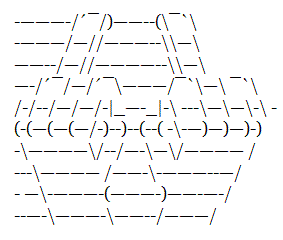1. US military repeatedly dumped sarin, nerve gas, mustard gas, and explosives into the coastal waters of New Jersey from World War I to the early '70s (and then supposedly stopped).
I realize there's been sort of a learning curve vis a vis our place in the planetary ecosystem, but if extraterrestrials held a trial tomorrow of all other living creatures vs us the brief looks damned sorry. "We thought if we buried it or threw it in the water it would just go away! You can't see it, right? Duh, drool..."
There is an organization for voluntary human extinction. Don't breed, try not to contribute too much toxicity during your brief time. Let the planet rest and start over, maybe with birds or bugs instead of mammals. It sounds extreme, but then so does dumping 64 million pounds of chemical weapons into the ocean.

